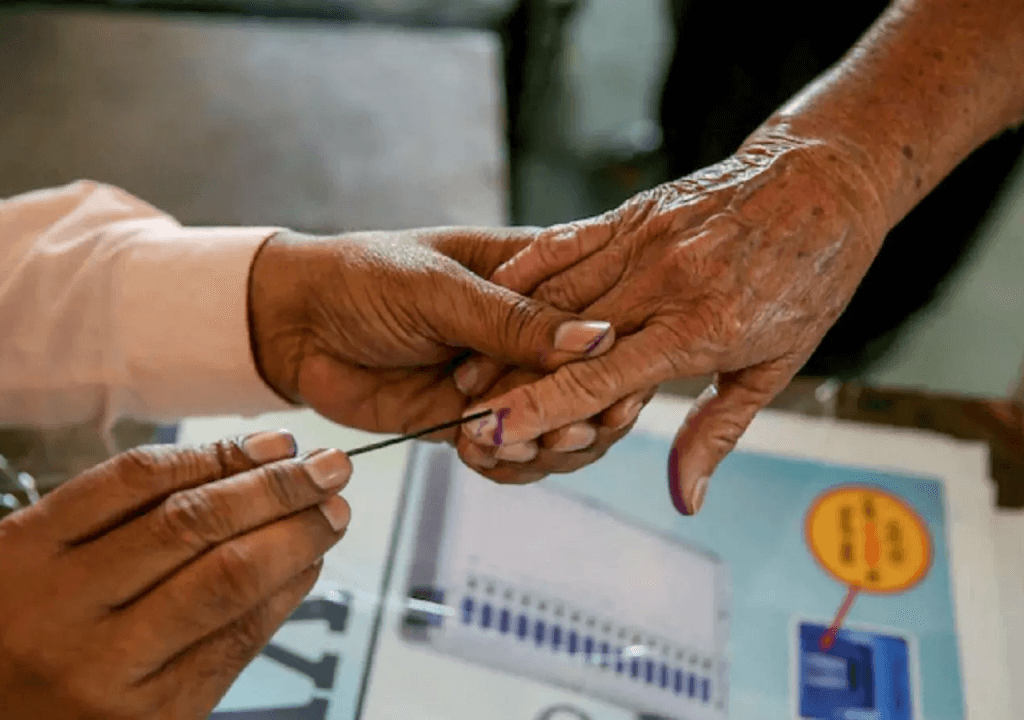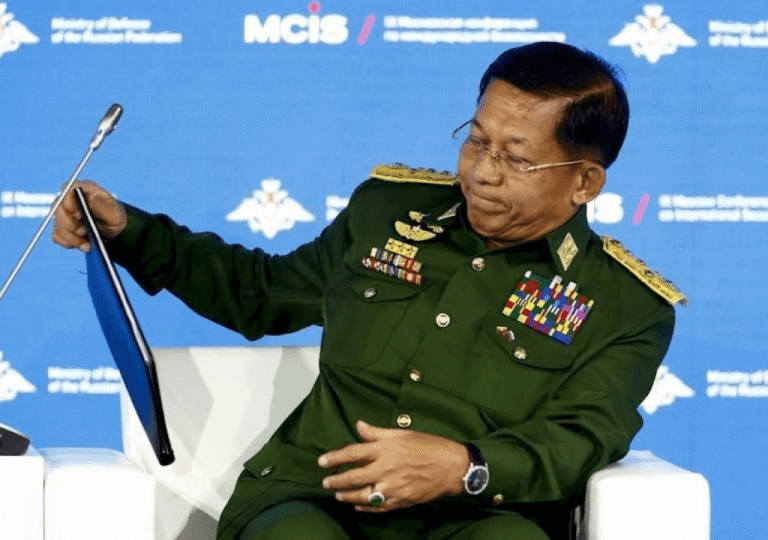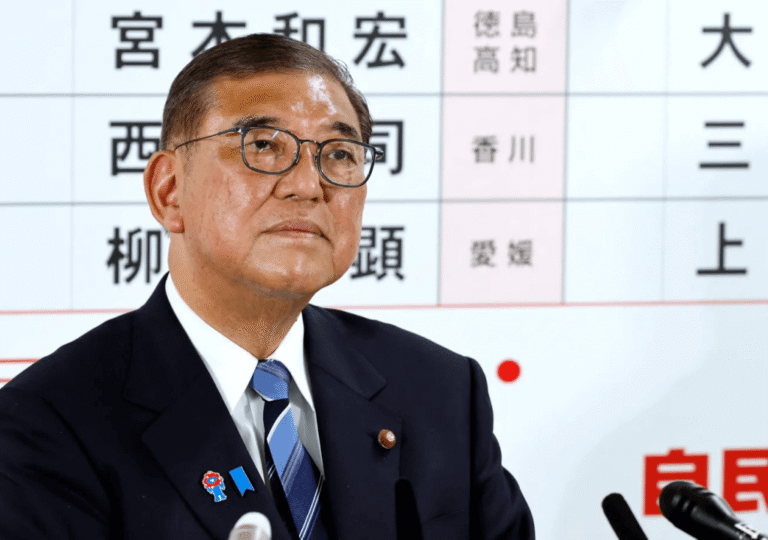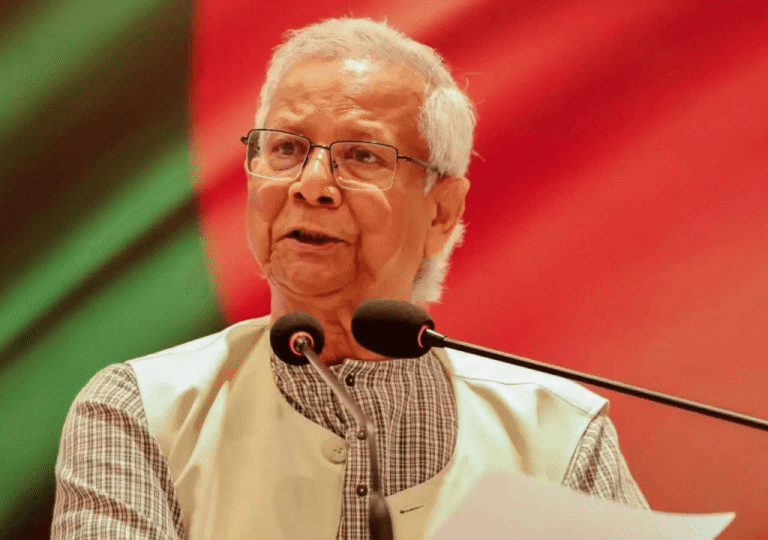The mammoth Indian general election, unfolding across multiple phases starting on April 19th. anticipates the participation of over 96 million voters throughout its seven phases spanning two months. Results are slated for release on June 4th, marking nearly 50 days since the inauguration of the first polling phase. As India asserts itself as a global force in both economic and political spheres, the Indian election gains paramount importance internationally. Supporters of democracy closely scrutinize the intricate electoral processes, applauding Indian authorities for effectively engaging such a vast electorate. Nevertheless, numerous analysts voice concerns over potential flaws in the democratic system. The prevalence of smartphones among the populace, often outweighing educational resources, exacerbates susceptibility to misinformation and paid propaganda. From television to cinema, there is a considerable propaganda drive aimed at shaping the mood of the nation, often overshadowing real issues. Opinion polls are one of the tools used in Indian elections, often tailored to specific interests and potentially influencing the collective mood of the nation. In a country like India, celebrated for its mob mentality, opinion polls are considered to have a significant impact.
Opinion polls have been a fixture in elections worldwide for many years, utilized by political parties and the press in various democracies such as France and the United States for centuries. Over time, they have developed foolproof sampling, leveraging technology to minimize inaccuracies. Nonetheless, from the outset, many have raised objections to opinion polls, questioning their reliability and their influence on voters and politicians. Several countries have implemented regulations governing opinion polls, and allegations of biased funding against certain well-known polling agencies have undermined their credibility, leading to doubts about their impartiality. As opinion polls stir considerable tumult in the Western world, India, the largest democracy, has only recently adopted this trend in the 21st century. While some press and agencies had conducted opinion polls previously, they did not gain much popularity. However, the proliferation of television and rivalry between television channels propelled opinion polls into prominence in India. Initially confined to major cities, India’s opinion polls expanded through technological advancements and substantial funding. Indeed, opinion polling has burgeoned into one of the most lucrative industries in India, with television channels, the press, and YouTube channels vying for the services of surveying agencies or establishing their own survey teams.
Opinion polls in India have peaked in the last 10 years, with many inaccuracies regarding the winners of constituencies and completely wrong predictions at the state level, although at the national level, most opinion polls predicted the general mood. However, questions persist about the sampling methods and the impact of opinion polls on Indian people. The population is highly diverse, encompassing various ethnicities, religions, views, and languages, and individuals often feel ashamed, fearful, or dishonest about revealing their voting preferences. Despite education levels, factors such as family influence, caste dynamics, mob mentality, and celebrity endorsements heavily shape voter mentality. Additionally, millions of people may never encounter any opinion poll.
Though The result of opinion polls have become celebrated in the television and social media. In this context, Indian opposition parties accuse Indian opinion polls of being highly corrupted and influenced by the Bharatiya Janata Party (BJP) and business interests. They claim that television channels and major agencies, currently funded by BJP-linked business entities, propagate the notion that the opposition is weak and that Modi will secure most seats. This creates a “Bandwagon Effect”, prompting voters to support the candidate perceived to be winning in the polls. Those familiar with the parliamentary system tend to favor the party projected to win, making it a potent election strategy. The river of Opinion polls from the past year predicting Modi’s third term and the humiliation of the opposition are likely to influence public opinion.
According to the findings of numerous television, print, and YouTube channels engaged in conducting surveys, many of which boast considerable sample sizes of up to 200,000, all indicate that the BJP is likely to emerge victorious. Despite the Election Commission’s mandate prohibiting opinion polls within 48 hours before polling commences, the released results have already shaped a favorable narrative for the BJP. Voters are primarily interested in electing members from the party projected to govern the state, or they prefer candidates aligned with the ruling party over those going to sit in the opposition bloc. Thus, opinion polls are poised to have a significant impact on the outcome of the Indian general election.








